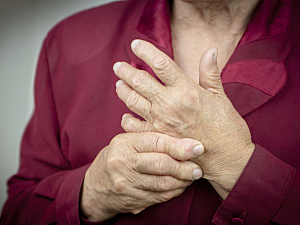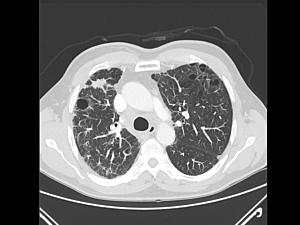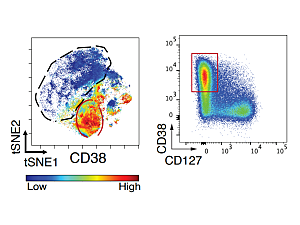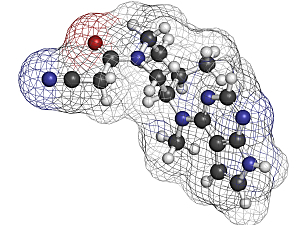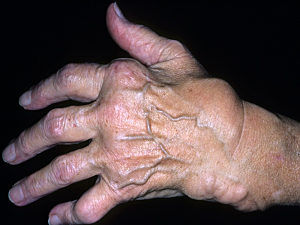Holding DMARDs Not Associated With Greater RA Activity After Additional Dose of COVID-19 Vaccine

Researchers at Brigham and Women’s Hospital found that among patients with rheumatoid arthritis (RA), patient-reported disease activity stayed stable around the time of an additional COVID-19 vaccination dose when disease-modifying anti-rheumatic drugs (DMARDs) were held.
Read More...
